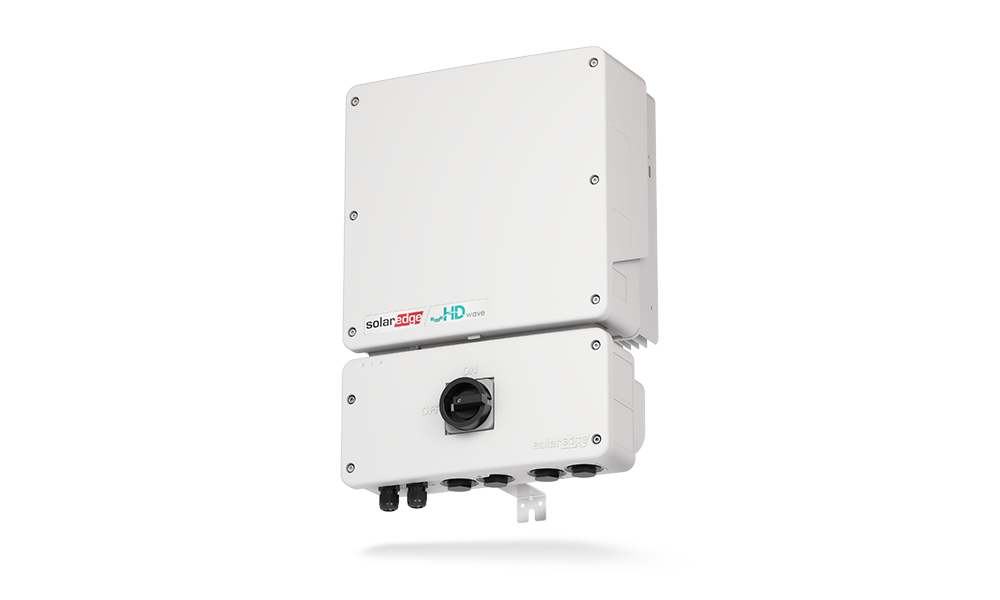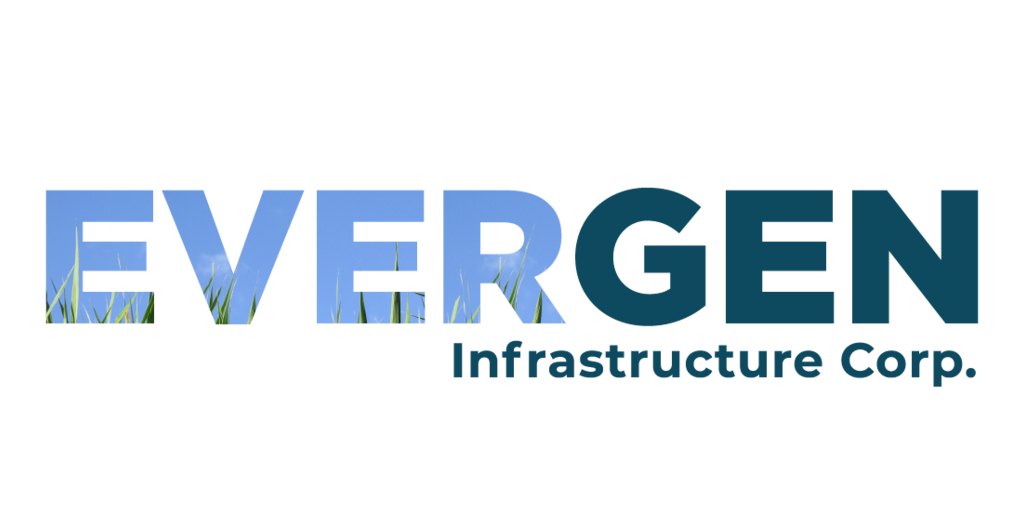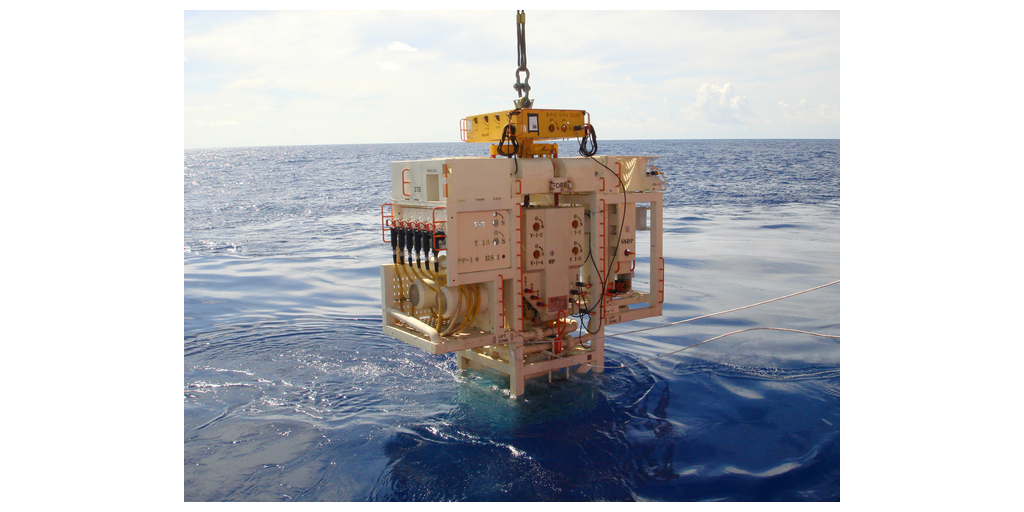Support CleanTechnica’s work through a Substack subscription or on Stripe.
Just a few years ago, it seemed like we could make a real dent in climate change through technological means like electric vehicles, renewable energy solutions, and digitalization. Times have certainly changed. With the Trump administration’s shocking authoritarian rule overtaking the US, fighting for democracy has taken center stage over the fight to save the planet.
Public figures are speaking about the need to uphold democracy and set climate action aside temporarily. Take former Labor Secretary Robert Reich, who says that we can’t deal with the climate crisis unless our democracy is saved.
Many of us disagree. We say that fighting for climate action is fighting for democracy.
It’s true that many democratic systems now struggle to address the pressing time frames built within the Paris Agreement required for effective climate action. Under the Paris Agreement, countries agreed to substantially reduce global greenhouse gas emissions to enable the long term global average surface temperature increase to be kept well below 2°C above pre-industrial levels. That pursuit would limit warming to 1.5°C.
It’s important to note that monthly and annual breaches of 1.5°C do not mean that the world has failed to achieve the agreed-upon temperature goal. It does mean that we need to address the causes by urgently and significantly reducing greenhouse gas emissions and phasing out fossil fuels — even if democratic structures are frail and foundering.
Reich speaks truth to power when he calls out democratic institutions for their Faustian bow to large corporations, including the oil and gas industries. With copious campaign donations, Big Oil has bought the US President (among others). In a quid pro quo, Trump is relishing his role and eviscerating environmental regulations.
Rachel Carson must be turning in her grave.
Trump, the man who would be King, doesn’t care that the planet is growing hotter. His narrow worldview is diminishing our country’s ability to fight the hottest temperatures recorded in contemporary history. His policies pollute our planet, alienate our allies who attempt to meet their Paris Agreement promises, and threaten our democracy.
Experts concur that capitalism as an economic model and social order fundamentally drives the climate catastrophe. Authoritarianism serves neither the climate nor the population. CleanTechnica’s Steve Hanley muses that, autocracies garner financial support to stay in power by extracting and selling fossil fuels. “Asking those regimes to do the right thing,” Hanley continues, “is like asking them to commit political suicide.”
Reich concedes that “democracy and the environment are not two separate issues.” Where he loses the thread, however, is in succumbing to the notion that “we cannot deal with the climate crisis unless our democracy is strengthened to reflect the will of the people rather than the profits of giant corporations.” Must ineffective “blah, blah, blah” climate action approaches, to use the words of activist Greta Thunberg, become the governing norm?
We simply cannot wait for Citizens United to be overturned by a Democratic majority in the US Congress. We must look elsewhere and act.
Capturing the Power of People to Save the Planet
Democracy — when it lives up to its responsibility as the rule of law — contributes to a decrease in CO2 emissions. The climate crisis is crying out for a mass mobilization of civil society; is it any longer achievable in democratic states, though, due to their intermingling with vested fossil fuel interests?
When everyday citizens identify the personal risks they confront from climate impacts, there is an increased likelihood that they will turn to democratic means to pursue effective climate action. Elections hold real social implications and have the capacity to hold the world’s largest greenhouse gas emitters accountable for actions that continue to exacerbate human-caused climate change.
Climate change, like voting in a democracy, is a collective action problem — a conflict between the individual interest and the group interest.
Sometimes it takes outliers — those individuals whose actions are beyond the norm of everyday folks — to engage in what might seem foolish behaviors to challenge the destructive discourse coming out of the fossil fuel industry via the Trump sycophants. Quixotic? Sure. Brave? You bet.
But when outliers question and reconstruct climate misinformation coming out of right-wing mouthpieces, social fragmentation doesn’t seem that severe. Instead of being disembedded from the natural environment, outliers can draw attention to what social researchers Delmestri and Schuessler summarize as “collective responsibility, the prioritization of economic growth over the respect for social and environmental boundaries, and the currently dominant form of representative democracy that curtails citizen engagement.”
Social movements can be pivotal to respond to the climate crisis by challenging former taken-for-granted democratic practices and the policies of corporate capitalism to which democracy has become beholden. But it takes a lot more than merely asking for advocates to take initiative. Collective action needs a groundswell of momentum to build social relations. Resources need to be devoted, and services need to be created to empower the democratic spread of climate power and influence.
An important part of community climate work is to spread information, infuse knowledge, and create awareness related to specific issues, such as offshore wind politics, solar incentives, uneven demographic adoption of heat pumps, the influence of fossil fuel subsidies, or renewable energy misinformation in general.
Individuals have “immense power to influence the behavior of politicians,” according to social analyst Christopher Armitage. He reminds advocates they can ask donors why they are contributing to a politician who has introduced three book bans and zero bills to address the local clean water crisis. Advocates can press for decarbonization of the economic system while, strengthening democracy institutions, and breaking fossil fuel dependence.
In this latter part of 2025, with the deterioration of democratic structures in western countries, there is more need than ever to spark greater citizen involvement for actively dealing with climate change.
The urgency of climate change has brought democracy to a critical moment in time. We must continue to argue for inclusive and participatory democracy to address climate change. Shaped by democratic governance, a robust civil society, and innovative advocacy strategies, collective climate action can be a force for the right to a healthy planet.
Sign up for CleanTechnica’s Weekly Substack for Zach and Scott’s in-depth analyses and high level summaries, sign up for our daily newsletter, and follow us on Google News!
Have a tip for CleanTechnica? Want to advertise? Want to suggest a guest for our CleanTech Talk podcast? Contact us here.
Sign up for our daily newsletter for 15 new cleantech stories a day. Or sign up for our weekly one on top stories of the week if daily is too frequent.
CleanTechnica uses affiliate links. See our policy here.
CleanTechnica’s Comment Policy




